

SOCIAL
SEND Ghana holds dialogue on period poverty at Ashaiman
The SEND-Ghana, a non-government organisation (NGO), has held a district-level dialogue on period poverty in Ashaiman aimed at sharing research findings on menstrual cycle issues conducted by young people.
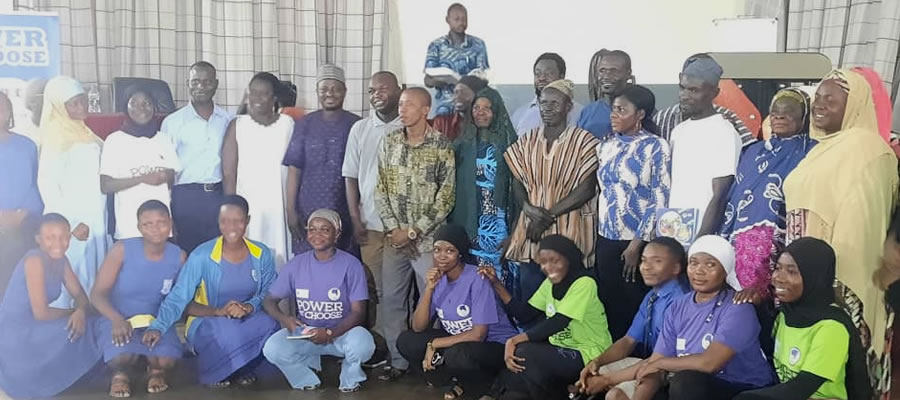
Date Created : 8/15/2024 12:00:00 AM : Story Author : Ibrahim Bah Abdul Rahman/Ghanadistricts.com
The dialogue also had an objective to spark meaningful discussions, inspire actions among policymakers, and support Ghana’s effort to achieve Sustainable Development Goals (SDGs) three, four, five, and six, which respectively cover good health and well-being, quality education, gender equality, and clean water and sanitation.
The dialogue was held on the theme: “Breaking Menstrual Silence: Unveiling the Hidden Struggles Among Adolescent Girls in Ghana,” formed part of a seven-year Sexual and Reproductive Health and Rights Project (Power to Choose), funded by Global Affairs and implemented by Oxfam, SEND-Ghana, NORSAAC, PPAG, WILDAF, and PARDA across eight districts in Ghana.
It was attended by parents, teachers, religious leaders, pupils, and representatives from the municipal assembly.
Ms Abigail Tettey, a Youth Advocate for SEND-Ghana, said the project’s goal was to ensure that adolescent girls and young women in Ghana had increased access to Sexual and Reproductive Health Rights (SRHR).
Ms Tettey said the project aimed at raising awareness of challenges in SRHR service delivery, building the capacity of young people to demand better service through evidence-based policy changes, and encouraging local and national authorities to prioritise the SRHR needs of adolescent girls and young women.
She elaborated that period poverty, which meant the lack of access to menstrual products, hygiene facilities, and education, was a major concern for menstruating girls in Ghana and elsewhere, noting that menstrual hygiene management was crucial in ensuring the general well-being of girls and women worldwide, ensuring that they had their health, dignity, and empowerment.
Several researchers have showcased the impact of period poverty on the educational attainment of girls, as it leads to increased absenteeism, reduced class participation, academic performance, and school dropout.
“Period poverty can have lasting consequences on a menstruating person’s education and economic opportunities, as well as exacerbating existing vulnerabilities,” she added.
Pastor Isaac Jethro, a SEND-Ghana youth advocate, said due to the government’s imposition of tax on sanitary pads, some girls relied on leaves, toilet rolls, and pieces of clothing, among other items, to absorb blood when menstruating, urging the government to consider the girl-child when enforcing policy on citizens.
“If textbooks can be given for free, why can’t we give the girls a sanitary pad for free too?” he questioned.
He called on the authorities to provide separate washrooms and changing rooms for schools, noting that “without such rooms, girls find it difficult and uncomfortable to report to school and workplaces, especially when they are menstruating”.
Mr. Mohammed Tajudeen Abdulai, the Programmes Officer of SEND Ghana, urged the media and civil society, to promote education and awareness about reproductive health, emphasising that stakeholders should not only rely on the government to solve the issues.
He explained that “we cannot talk about building and closing the gender gap without focusing on the well-being of the girl; hence, education on menstrual effort is a shared responsibility”.
Mrs Jemima Akoto, the Ashaiman Municipal Girls Education Officer, revealed that lack of flowing water and low supervision were among factors hindering the promotion of good menstrual hygiene among girls.
She encouraged stakeholders to make use of the knowledge learnt, stressing that supporting the girl child was a collective effort in building a great nation, and called on them to support schools to achieve the SGDs.
Miss Mariam AbdulRahman, a student of Nuru-Al-Mustafiya Islamic School, called on parents and teachers to consider the emotional and psychological needs of the girl-child.
She said they normally lose focus during menstruation, therefore the need to build a conducive environment to allow girls to express their menstrual issues.
Mrs Rose Braimah, the headteacher of Ashman Number Five B Basic School, called for a social and cultural change to counter the misconception of menstruation.
“This is an eye opener, and we are going to do our very best to engage parents and teachers to help deal with SRHR issues,” she said.
She encouraged teachers to intensify educating both genders on sharing their challenges with their teachers when they had issues.
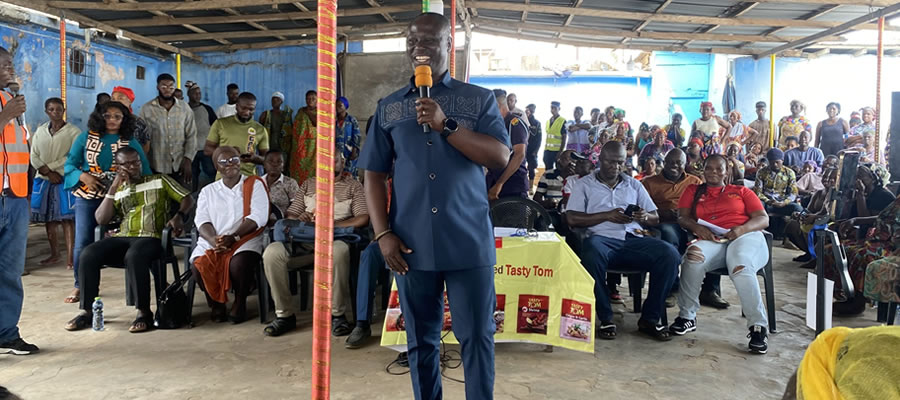



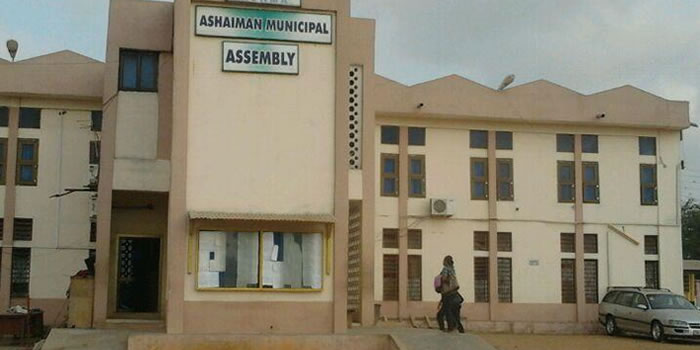

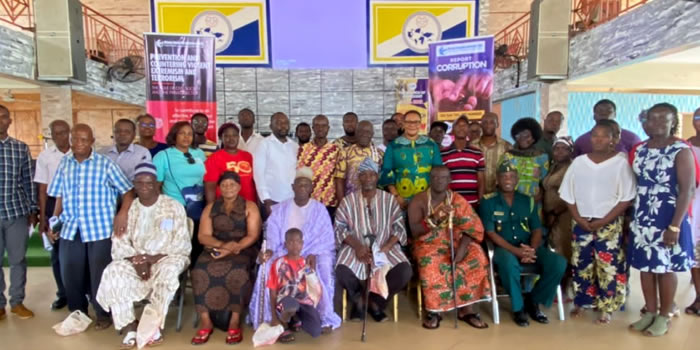

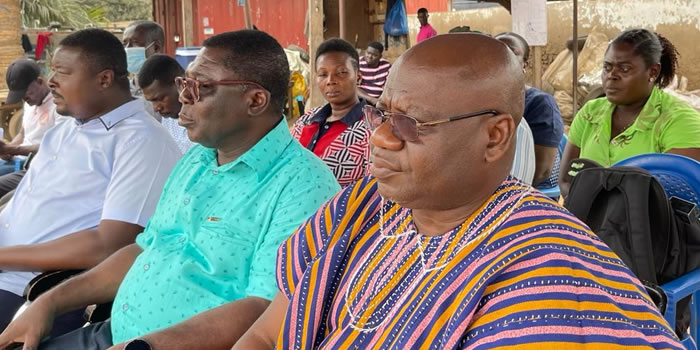
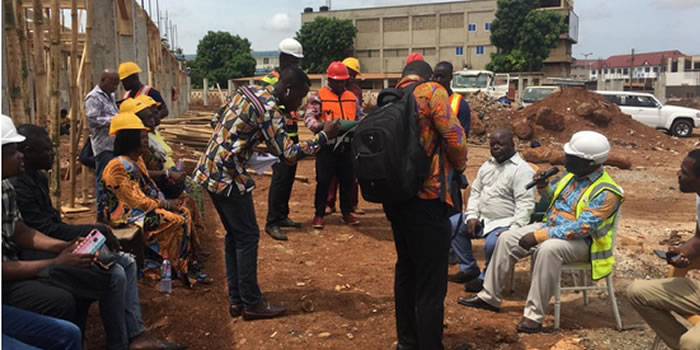
 facebook
facebook
 X
X
 Youtube
Youtube
 instagram
instagram
 +233 593 831 280
+233 593 831 280 0800 430 430
0800 430 430 GPS: GE-231-4383
GPS: GE-231-4383 info@ghanadistricts.com
info@ghanadistricts.com Box GP1044, Accra, Ghana
Box GP1044, Accra, Ghana